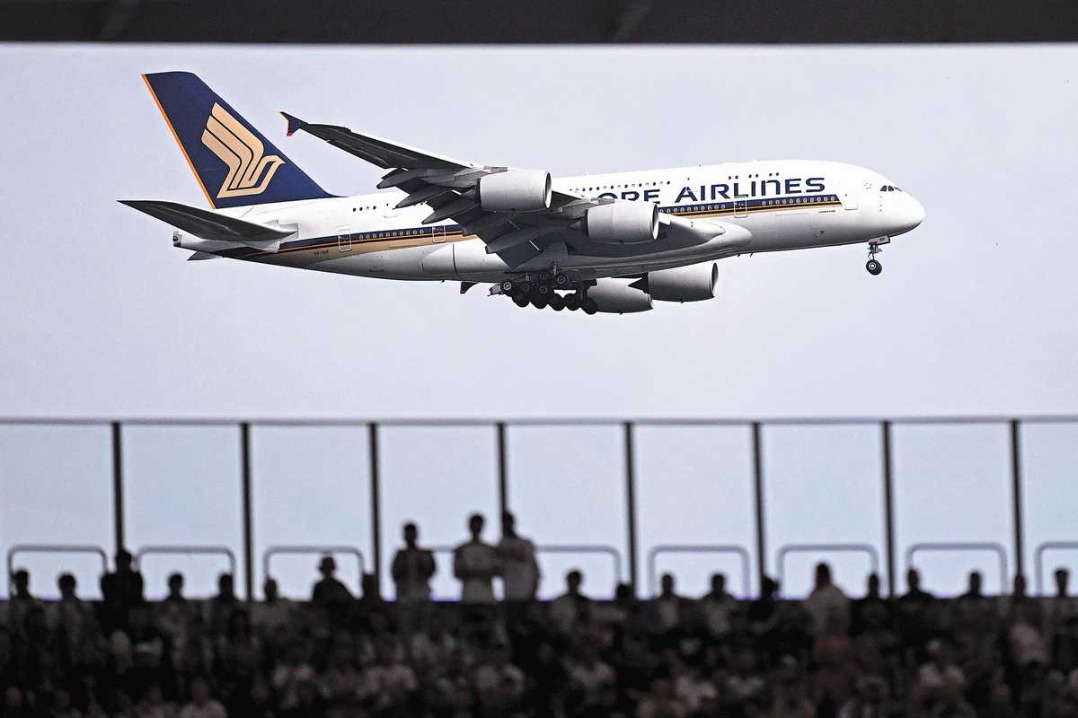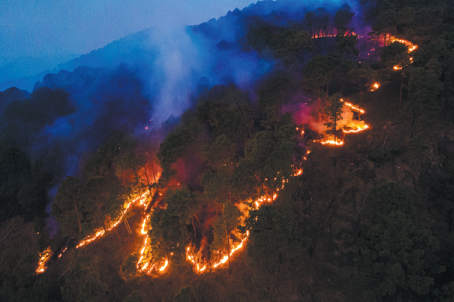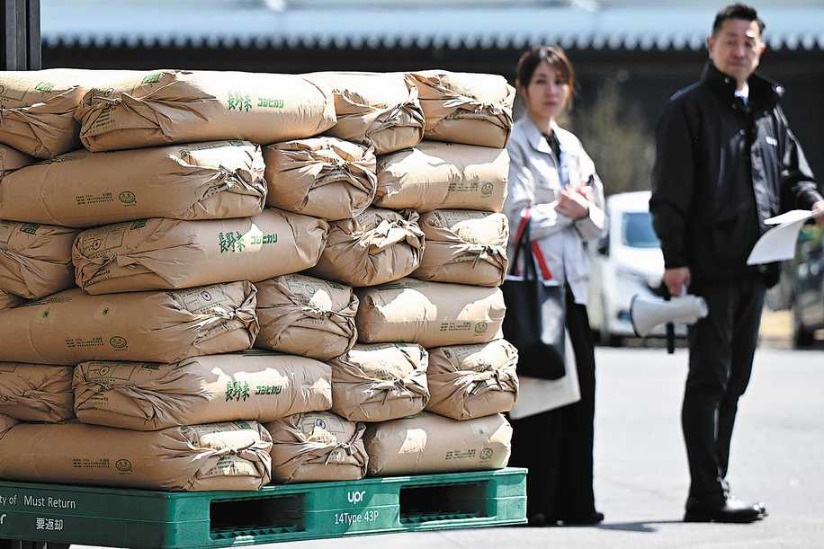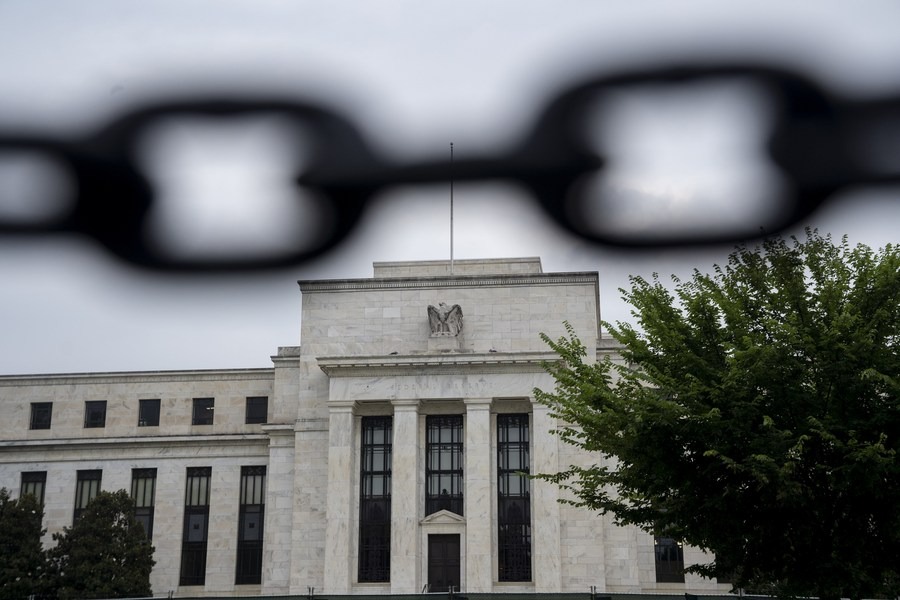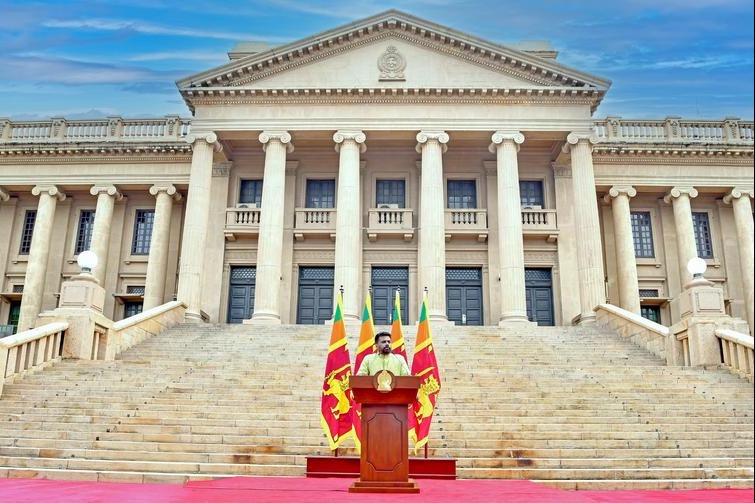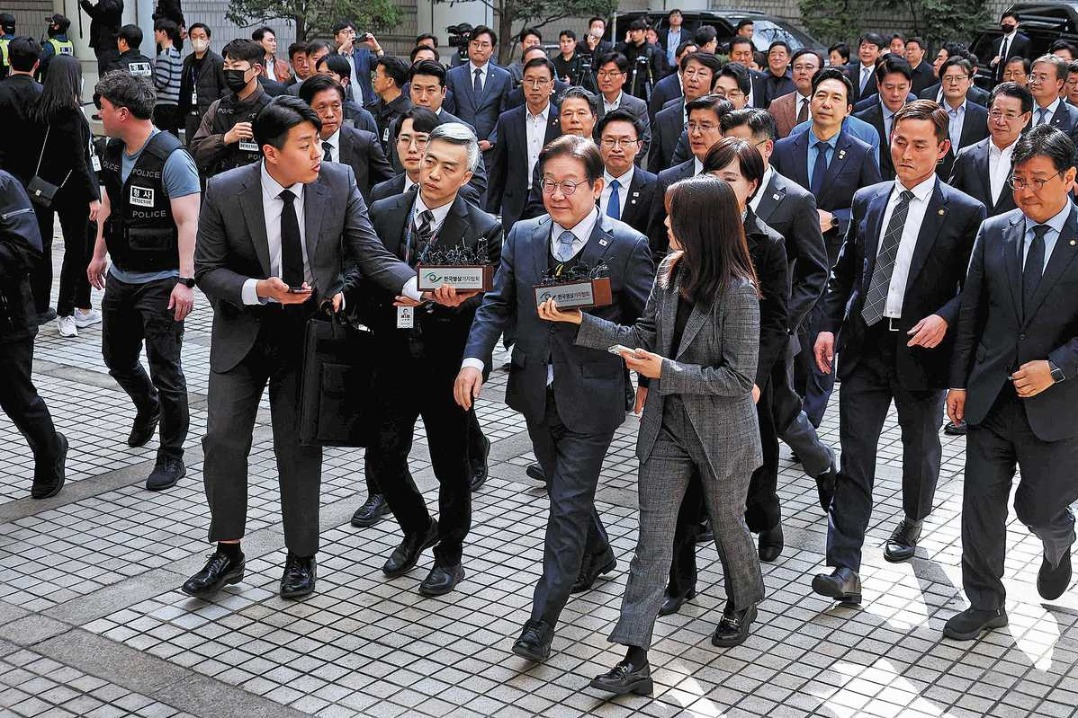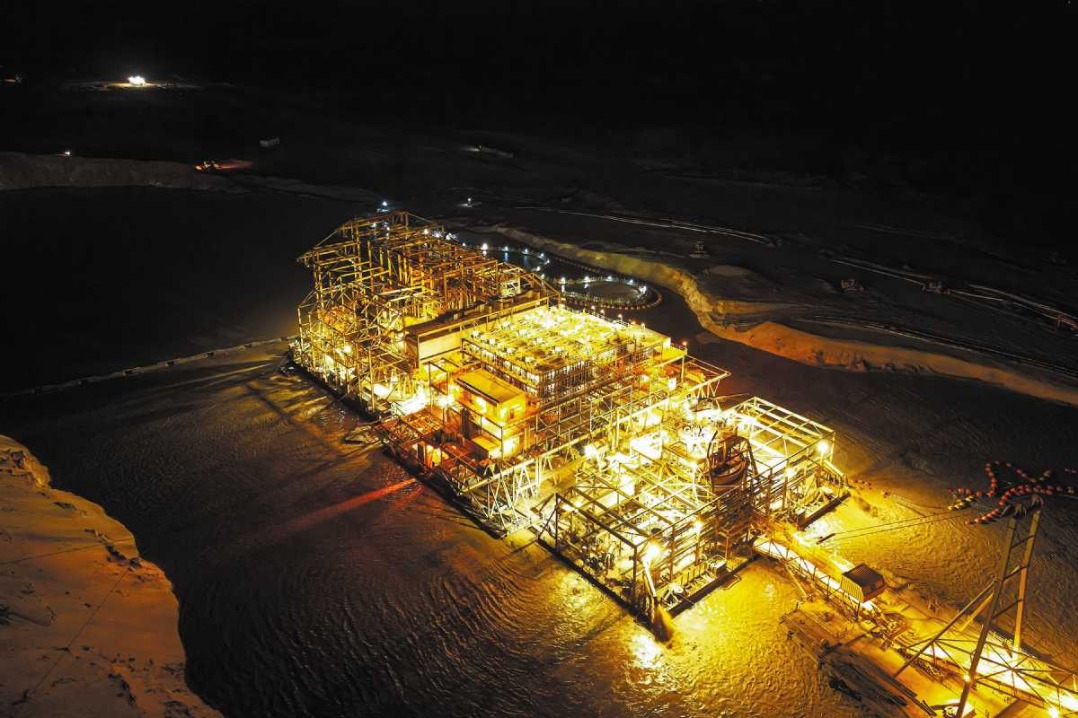Iran gets back to business, but remains watchful

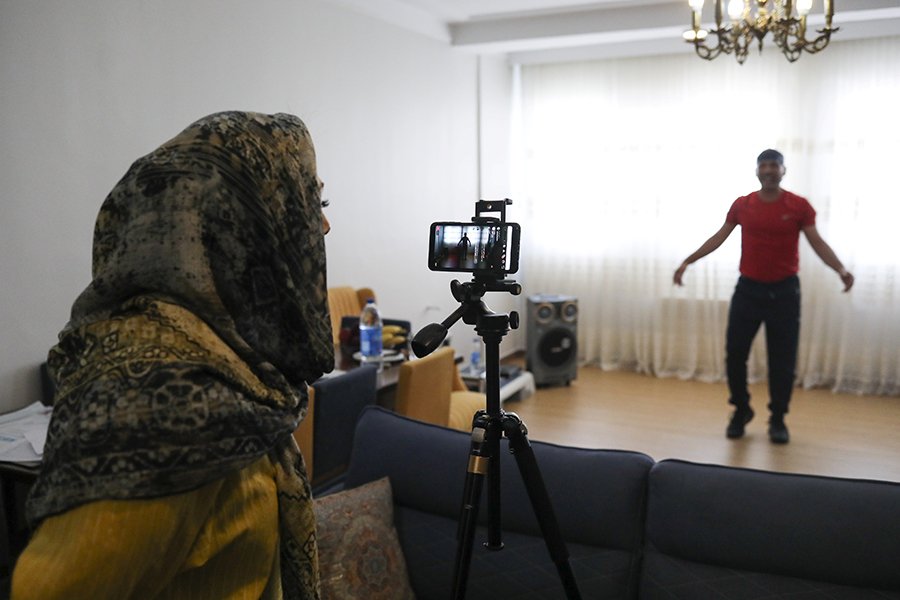
The Bank of Iran said funds would be made available as soon as it received a request from the health ministry and related authorities.
Two weeks later, Iranian President Hassan Rouhani said the country would allocate 20 percent of the annual state budget to fight the outbreak.
The equivalent of $23.75 billion, the allocation includes grants and low-interest loans for those affected by the pandemic. However, it is far from sufficient to enable to Iran to get through such a challenging time, especially amid economic sanctions from the United States.
Iranian Foreign Minister Mohammad Javad Zarif said the sanctions, reimposed after the US unilaterally withdrew from the 2015 nuclear deal in May 2018, have drained his country's economic resources and impaired its ability to fight the pandemic.
The sanctions restrict global trade with Iran, affecting its crude oil sales, banking and other industries.
Iran has called many times for a global campaign for the measures to be ignored. "They (the sanctions) literally kill innocents," Zarif said.
Help from China
Just a week after the first two COVID-19 cases were diagnosed in Iran, the Peaceland Foundation, a nongovernmental rescue organization, sent the first batch of 1,000 nucleic acid test kits from China to Iran on Feb 25.
In the coming days, the second batch arrived, and on March 7, the foundation delivered the third, consisting of 2,500 rapid detection reagents, to the Iranian embassy in Beijing, followed by a fourth batch on March 16.
Wang Ke, who founded the organization, which sent a team to Iran in April last year to help deal with flooding, said, "We learned about the situation in Iran from the news and thought we could help, so we contacted the embassy to see what was needed."
















